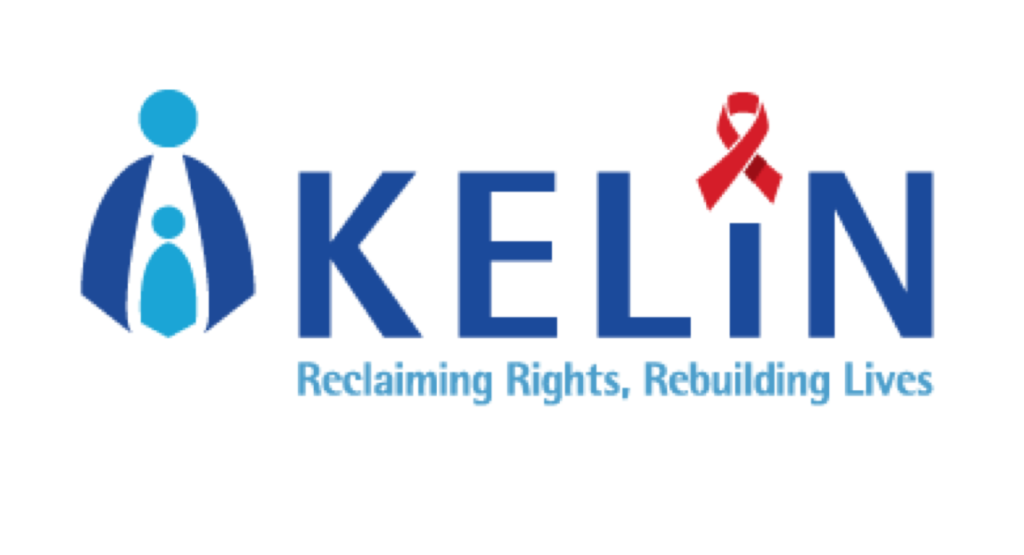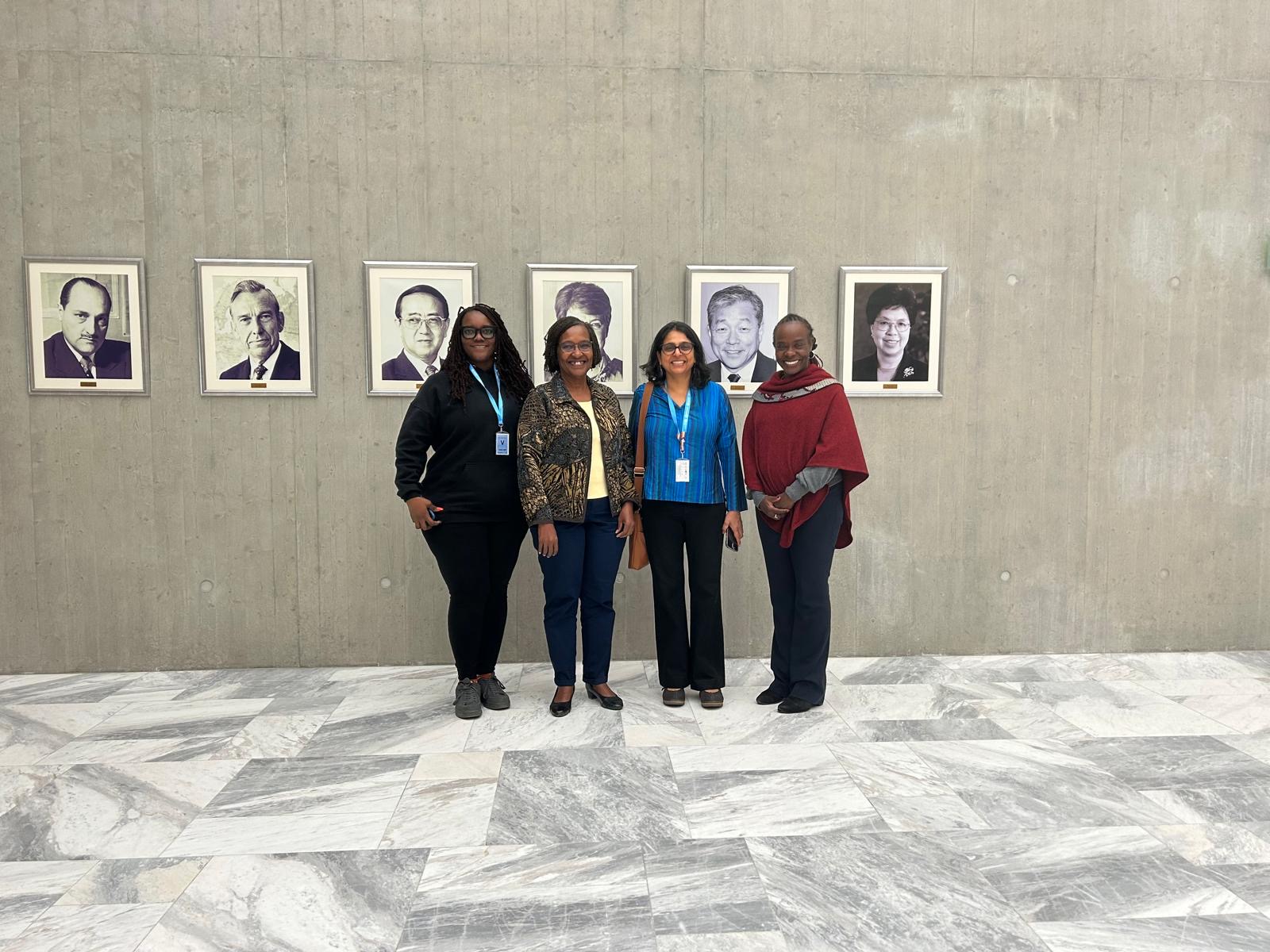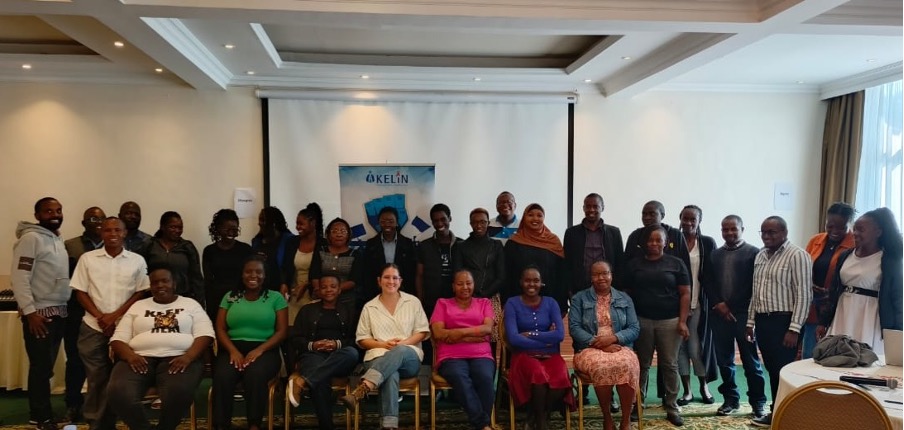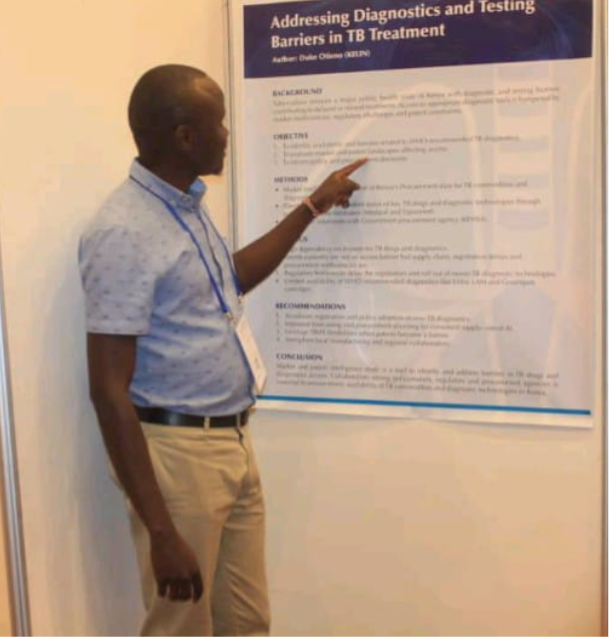By Cindy Amaiza (Kenya Community Advisory Team Member)
From 19th-21st May 2024, I was supported to attend something much bigger than myself, the 78th World Health Assembly (WHA78). Held under the theme “All for Health, Health for All: One World for Health,” the gathering brought together global health leaders, governments, communities, and advocates. The message was both urgent and unifying: we cannot achieve global health unless everyone, every voice, every community is part of the conversation. And I was there not just as an observer, but as a voice from the community representing young people’s lived experience, and the people often left out of policy rooms.
The Cost of Harm: Corporal Punishment as a Public Health Concern
The week began with a breakfast briefing on “Corporal Punishment of Children: A Public Health Concern.” Countries, including Kenya, shared their journeys toward banning corporal punishment and to continue to declare their commitment to ending corporal punishment in homes and schools. The message was sobering “hitting children is not discipline, it’s trauma.” We heard updates on teacher sensitization, legal reforms, and the integration of child protection into mental health and public health frameworks. Recognizing violence as a health issue is one of the most powerful shifts we can make.
Health Equity in Action: UHC in Africa
I attended a session on “Accelerating Universal Health Coverage: Mobilizing Resources for Health Equity and Sustainability in Africa.” Delegates from MOH Ethiopia, India, Tanzania brought forward models anchored on community-led approaches like Primary Care Networks (PCNs) and Community Health Extension Workers (CHEWs) were transforming the way healthcare reached people. My key takeaway from this session was not just on the statics but also the living narratives. Mothers, children and communities who once slipped through the cracks were now being supported by community based mechanisms to access much needed health services. It reminded me that universal health coverage (UHC) is not just a financial or technical goal, it’s about dignity, presence, and care at the very last mile.
Youth Voices in the Room: Dialogue with Parliamentarians
On the session on “Funding Health, Shaping Futures: A Dialogue for UHC between Youth and Parliamentarians” youth leaders, lawmakers, development partners and civil society sat at the same table, and we did not tiptoe around tough conversations on financing for health especially now more than ever.
I had the honor of speaking at this event on how health financing must protect people from financial hardship, cover a wide spectrum of health needs not just a few diseases and center the real-life experiences of communities. Without this, UHC remains an ideal, not a reality. Real equity means financing systems that are comprehensive, just, and people-centered. In the spirit of the WHA78 theme, this session showed us that for “One World for Health” to become real, young people must be not just included but empowered to shape how health is financed and delivered.
Launching a Bold Vision: The DHRP Report
As a representative of the Kenya Community Advisory Team (KCAT), I stood with partners from the University of Warwick, KELIN, Restless Development, STOPAIDS, and GNP+ to launch the report “Paying the Costs of Connection.” This report, part of the Digital Health and Rights Project (DHRP), explored how young people across Kenya, Colombia, Ghana, and Vietnam navigate the promise and pitfalls of digital health and the impact on their health and rights. The report spoke volumes. It exposed the hidden costs of digital health that is overlapping digital divides, breaches of privacy, tech-facilitated abuse, and the glaring absence of meaningful youth participation. What stayed with me most were the lived experiences behind the data stories from Kenya, Colombia, Vietnam, and Ghana that reminded us: digital health must serve people first, not platforms.
With officials from WHO, Thailand’s Ministry of Health, and the Global Fund in the room, we called for national digital strategies that are not only technologically sound but also grounded in human rights and lived realities. Because “One World for Health” cannot be built on broken digital bridges.
Communities at the Center
The week culminated in a power packed on “Communities at the Heart of Global Health and Health Security.” The session brought out raw, real and rooted in lived experience. Adolescent girls and young women leaders, in particular, spoke with courage and clarity calling for prevention options to be accessible. They spoke about structural barriers, stigma, and the daily struggle to be seen. And their message was unmistakable: nothing for us without us. This, to me, was the beating heart of WHA78’s theme. If “Health for All” is the goal, then “All for Health” must start with trusting and funding community-led solutions.
Looking Back, Moving Forward
As I reflect on the whirlwind of dialogues and sessions, one truth keeps echoing: health is not built in boardrooms alone it’s co-created in communities and in health service delivery points. By the time I left Geneva, I was carrying voices. Voices of young people, children, mothers, communities, health workers and development workers. Voices from Kenya, Ghana, Colombia, Vietnam. Voices from the margins who deserve to be at the center. WHA78 gave us a global stage. But it’s these voices that are resilient, diverse, and determined that continue to give the work that we do its soul.
For me the theme “One World for Health” feels like a commitment to equity, inclusion, and justice. And if we’re bold enough to keep centering communities, I believe we’ll get there.



